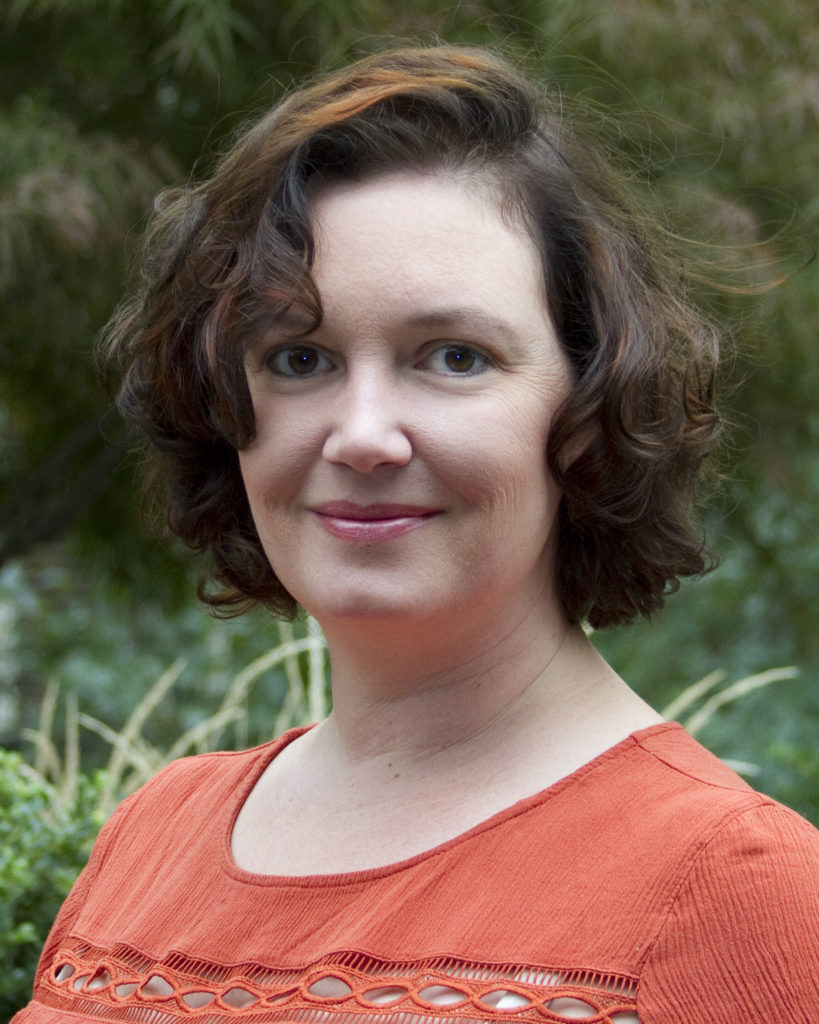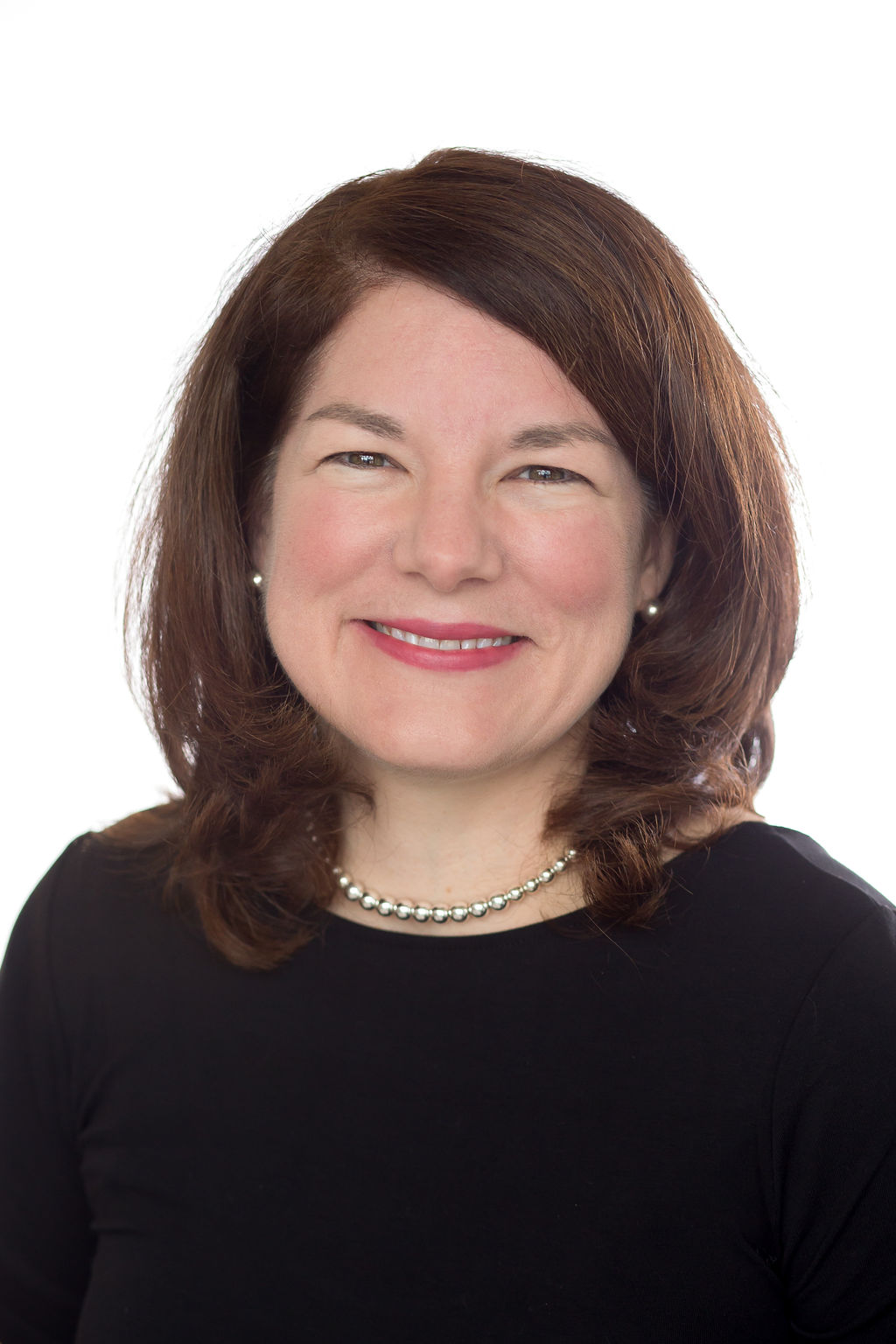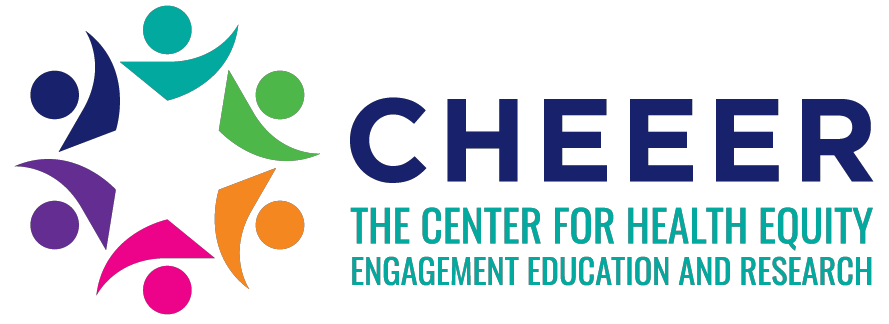Dr. Carolyn Harmon Still, PhD, RN, MSM, AGPCNP-BC, CCRP

Carolyn Harmon Still, PhD, RN, MSM, AGPCNP-BC, CCRP, is an Assistant Professor at the Frances Payne Bolton School of Nursing at Case Western Reserve University. She received her Bachelors and Masters in Nursing from Florida A & M University and completed both her PhD in Nursing and Master of Management in Healthcare from Case Western Reserve University. She is certified as an Adult and Geriatric Nurse Practitioner.
Dr. Still’s research interests span to include hypertension clinical outcome trials in older populations, psychosocial assessment of aging, and self-management of chronic diseases, as well as recruitment and retention of minorities in clinical trials. Her research experience extends to serving as the Program Manager and Co-Investigator with major leadership roles on the National Institutes of Health-sponsored Systolic Blood Pressure Intervention Trial (SPRINT) for the Case Western Reserve University Clinical Center Network, one of five networks in the trial. Much of Dr. Still’s research investigations have contributed to understanding the burden of hypertension and the implications of treating blood pressure to lower targets in older and minority populations. In addition, she has collaborated actively to explore the relationships of cognitive function, chronic kidney disease, and brain structure/function influence on blood pressure. The impact of her work has been broad and extensively published. To advance self-management science, Dr. Still’s current work explores the brain-behavior relationship and behavior change of hypertension self-management enhanced or enabled through a digital component or strategy to determine its effects on blood pressure.
Project description: The purpose of the COACHMAN Study is to investigate the effectiveness of a community outreach program using a technology-based intervention (TBI) to support self-managing hypertension (called COACHMAN) to improve BP control. COACHMAN uses a community participatory approach to integrate a technology-based intervention with community-resources that enables participants to monitor their blood pressure, access web-based education and a medication management application, as well as receive exposure to behavioral counseling while accessing community-based resources for hypertension self-management.
Dr. Misty Luminais, PhD

Dr. Luminais is a cultural anthropologist whose areas of specialty include gender, sexuality, urban studies, and qualitative methodology. Her work primarily focuses on the intersections of race, gender, and class in societal systems, including gender-based violence and human trafficking. She obtained her Ph.D. from Washington State University. Prior to joining the Begun Center, she was the Senior Research Associate for the Social Justice Institute of Case Western Reserve University, where she oversaw an ethnographic study of East Cleveland. She has also been involved in evaluating municipal practices as they pertain to the LGBT community. She has presented her work at the European Association for Social Anthropologists and the American Association and has published several book chapters, including pieces in Selves, Symbols, and Sexualities: Contemporary Readings; Asking for It: Discussions of Consent and Sexual Violence; and an article in Education, Citizenship and Social Justice.
Project description: Dr. Luminais is partnering with the LGBT Community Center of Greater Cleveland to bring together a group of transgender and gender nonconforming individuals to explore what barriers they face when seeking healthcare. Once the group is provided with health literacy education, they will meet with health care providers and staff to engage in dialogue about how to create a welcoming atmosphere in clinics and hospitals to better meet the needs of transgender and gender nonconforming people’s needs and begin to reduce the health disparities faced by this community.
Vanessa Maier, MD, MPH

Vanessa Maier, MD, MPH is a family physician, public health practitioner and medical educator with an interest in exploring innovative models of care focused on reducing disparities and optimizing health in low income urban youth. In her current role as Medical Director of the MetroHealth School Health Program, she has worked collaboratively with a diverse team of medical and educational administrators, physicians, teachers, nurses, nurse practitioners, psychologists, social workers, community health workers, clinical informatics specialists and a broad range of students and community members. By focusing on population health initiatives through full utilization of clinical informatics tools, the School Health program has seen dramatic improvement in enrollment and visit volumes while reducing emergency room visits and increasing access to primary care. Before transitioning to MetroHealth, she was the director of the Centering Parenting Program at University Hospitals Cleveland Medical Center. This innovative program, providing group well child care visits for women and children in low income communities while training future clinicians in group care, documented high rates of breast feeding and immunization and preventive visit completion. As a medical educator, she precepts a broad range of medical students and teaches in a variety of capacities at Case Western Reserve University School of Medicine. She is currently teaching health disparities and social determinants of health for first year medical students, one of the first programs to integrate specific training on implicit bias and structural violence into medical school curriculum. She is also the faculty advisor for the Health Advocacy Leadership Group, focused on training the next generation of physician advocates. She has been involved in residency training since the completion of her academic fellowship, initially in the Residency Program in the Department of Family Medicine at University Hospitals through a HRSA supported Primary Care Training Grant focused on curriculum for resident training in the care of medically vulnerable adolescents. She now teaches community medicine and population health in the Family Medicine Residency Program at MetroHealth Medical Center.
Project Description: The project, “Utilizing a Clinical Registry and Environmental Screening Tool to identify children with asthma most likely to benefit from Home Based Assessment and Remediation,” is a collaborative effort with clinical informatics colleagues and partners at the Cleveland Metropolitan School District, Environmental Health Watch and the Legal Aid Society of Greater Cleveland. The goal is to establish a screening tool and best practices in community partnership with an environmental health justice organization and medical legal partnership to reduce home-based triggers and improve both health and educational outcomes for children with asthma.

